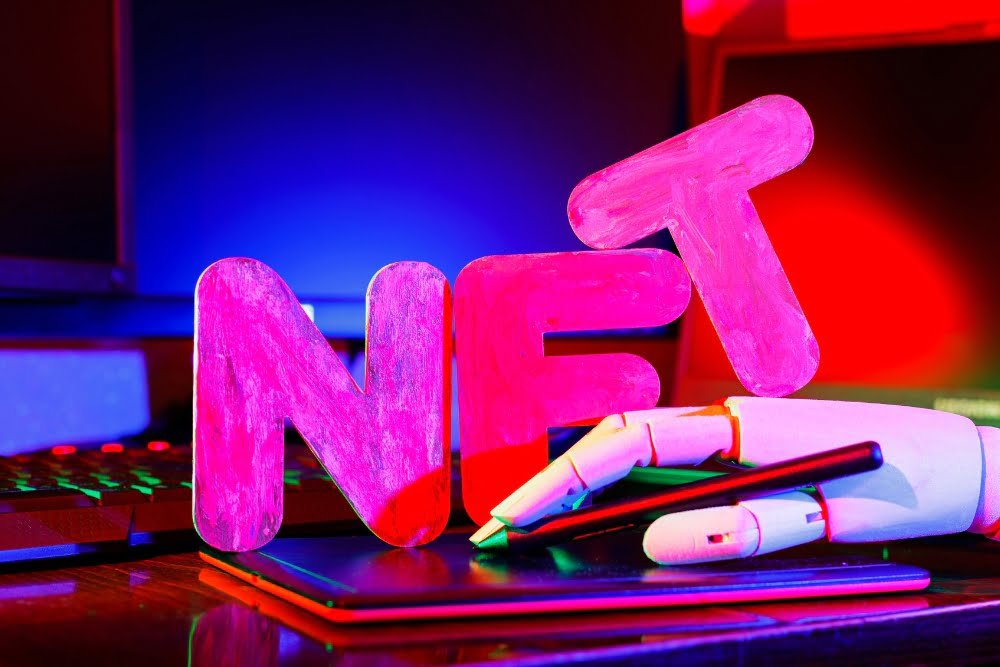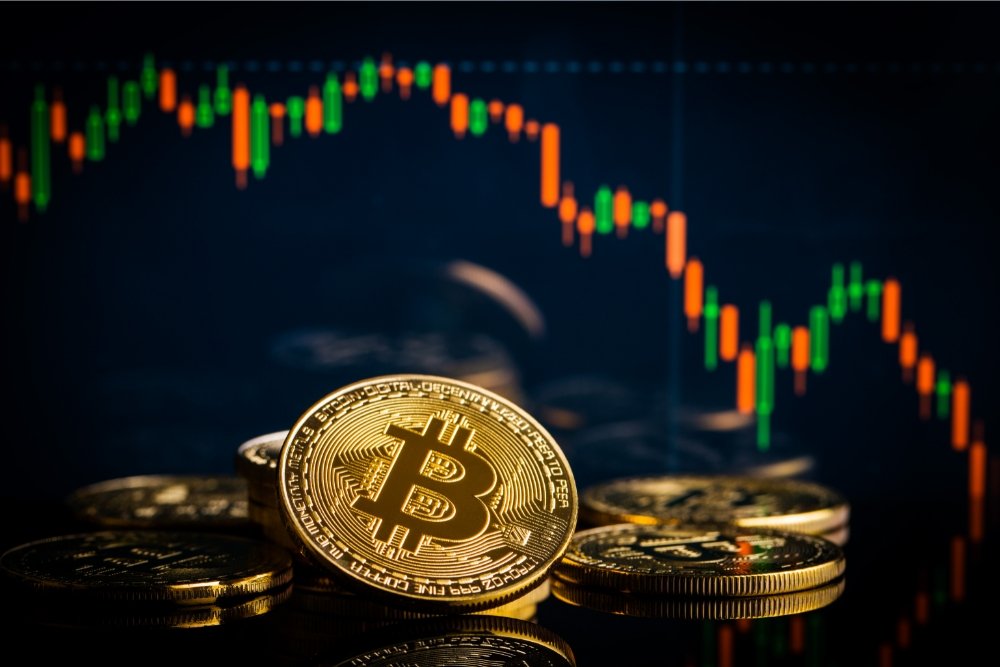In recent years, Non-Fungible Tokens (NFTs) have emerged as a revolutionary technology, transforming various industries and opening up a world of new possibilities. As we delve into NFTs, we uncover their wide-ranging use cases, from music and event ticketing to virtual real estate and gaming, from food and drink to supply chain management, decentralized finance loans, art and collectibles, fashion, and even Web3 identification. This comprehensive article explores these NFT use cases, shedding light on their potential implications and uncovering their incredible opportunities.
The Significance of NFTs
NFTs have opened many opportunities for artists, creators, and content owners to monetize their digital creations. Previously, digital artwork or designs could easily be replicated and shared without any value attributed to the original creator.
However, with the arrival of NFTs, artists are now able to sell their digital creations as unique, ownable assets, creating a direct relationship between the creator and the buyer. It has revolutionized how art is bought and sold, allowing artists to retain the value and rights of their work.
Moreover, NFTs have also provided a platform for new revenue streams in the entertainment industry. Musicians, filmmakers, and other content creators can now release limited edition digital content, exclusive experiences, or even virtual goods as NFTs.
It has opened up new avenues for fans and collectors to support their favourite artists while gaining ownership of exclusive digital assets.
Music: Revolutionizing the Way We Experience and Monetize Music
The music industry has undergone a significant transformation with the advent of NFTs. Musicians now have the opportunity to engage with their fans directly, create exclusive digital content, and sell unique experiences. NFTs enable artists to tokenize their music, granting ownership and access to exclusive content and experiences. This newfound ability to monetize their work directly helps artists bypass traditional intermediaries and form deeper connections with their audience.
Event Ticketing: Enhancing Accessibility and Security
Ticket scalping, counterfeit tickets, and the need for more transparency have long plagued event ticketing. NFTs offer a solution by enabling the tokenization of tokens. Organizations can ensure authenticity by issuing event tickets as NFTs, making them easily transferable, and preventing fraudulent activities. Furthermore, NFTs can enhance accessibility as they can be divided into fractional ownership, enabling broader event participation.
Virtual Real Estate: Expanding the Possibilities in the Digital World
Virtual real estate is an emerging frontier in the NFT space. Individuals can now own and trade virtual land, buildings, and other digital assets by leveraging blockchain technology. These virtual qualities can be used for various purposes, such as virtual events, gaming experiences, or as a canvas for digital art. The ownership of virtual real estate provides an exciting opportunity for individuals to explore and create in a virtual world.
Gaming: Bridging the Digital and Physical Worlds
NFTs have transformed the gaming industry by introducing actual ownership of in-game assets. Traditionally, gamers could only acquire temporary licenses to use items within games. However, with NFTs, gamers can now own and trade these assets outside the game environment, giving rise to a vibrant marketplace. It offers gamers increased autonomy and control over their virtual possessions and opens up new avenues for creativity and entrepreneurship within virtual worlds.
Food and Drink: Ensuring Transparency and Traceability
NFTs can transform the food and drink industry by providing transparency and traceability throughout the supply chain. With the proliferation of food fraud and counterfeit products, NFTs can be used to determine the reliability and provenance of food and drinks. By tokenizing these products, consumers can easily track their journey from farm to fork, ensuring ethical sourcing and promoting sustainability.
Supply Chain: Strengthening Security and Efficiency
The supply chain industry stands to benefit significantly from embracing NFT technology. By tokenizing products and assets within the supply chain, companies can enhance traceability, reduce fraud, and improve efficiency. NFTs allow for the secure recording of each step in the supply chain, providing an immutable and transparent ledger. This level of visibility ensures accountability and enables swift action in case of any issues or recalls.
Decentralized Finance Loans: Empowering Individuals with Innovative Financial Solutions
Decentralized Finance (DeFi) has disrupted the traditional banking and lending system, and NFTs play a significant role in this revolution. NFTs can be used as loan equity, allowing individuals to discover the value of their digital assets. It allows for the democratization of lending, as it provides access to financial services for individuals who may not have traditional forms of collateral. By leveraging NFTs, borrowers can obtain loans without relying on traditional financial institutions.
Art and Collectibles: Transforming the Art Market
The art world has experienced a seismic shift with the introduction of NFTs. Artists can now develop and sell digital artworks as NFTs, granting them ownership and providing a mechanism for provenance and scarcity. It has opened up new possibilities for artists to monetize their work and reach an audience worldwide directly. NFTs have also facilitated the emergence of digital art collections, allowing enthusiasts to collect and trade unique digital assets.
Fashion: Redefining Ownership and Authenticity
The fashion industry is another sector that has embraced NFTs to redefine ownership and authenticity. Luxury brands and designers can create limited-edition digital fashion items that can be purchased as NFTs. These digital fashion assets can be showcased virtually, worn in virtual worlds, or used as avatars, providing a new form of self-expression. NFTs in fashion empower consumers to showcase their unique style and support sustainable practices by reducing physical production.
Web3 Identification: Establishing Digital Identity
In the era of Web3, where individuals interact with various decentralized applications and platforms, establishing digital identity is crucial. NFTs can be used as digital identification, enabling users to securely verify their identity and access services across multiple platforms. By tokenizing identity, NFTs provide individuals with control over their data and mitigate the risks associated with centralized data repositories.
Is NFT Still Relevant in 2023?
As of 2023, NFTs, or non-fungible tokens, remain relevant in digital art and collectibles. While the hype surrounding NFTs may have diminished slightly since their peak in 2021, they still hold value and potential for artists, creators, and collectors. NFTs provide a unique way to authenticate and monetize digital assets, allowing artists to sell and profit from their digital creations securely and transparently.
NFTs remain relevant because of the continued interest and demand from collectors. NFTs provide a new way for collectors to own and trade digital art, music, and other digital assets. The scarcity and uniqueness of NFTs make them attractive to collectors looking for exclusive and one-of-a-kind items to add to their collections. This demand helps support the market for NFTs and keeps them relevant.
Additionally, NFTs continue to evolve and expand beyond just digital art. They are used in various industries, such as gaming, sports, and fashion. For example, NFTs can represent ownership of virtual real estate in a virtual world or create unique digital fashion items that avatars can wear. These applications demonstrate the versatility and potential of NFTs beyond the art world.
Conclusion
In conclusion, NFTs have opened up a world of possibilities across diverse industries. From revolutionizing how we experience music to enhancing event ticketing, virtual real estate, gaming, food and drink, supply chain management, decentralized finance loans, art and collectibles, fashion, and web3 identification, NFTs can transform how we interact with digital assets. By embracing this technology and exploring the myriad of NFT use cases, we can unlock new opportunities, enhance transparency, and foster innovation in the digital world.






